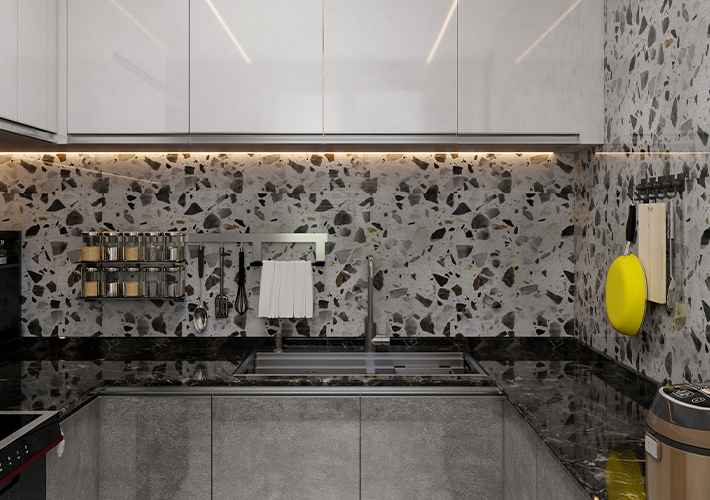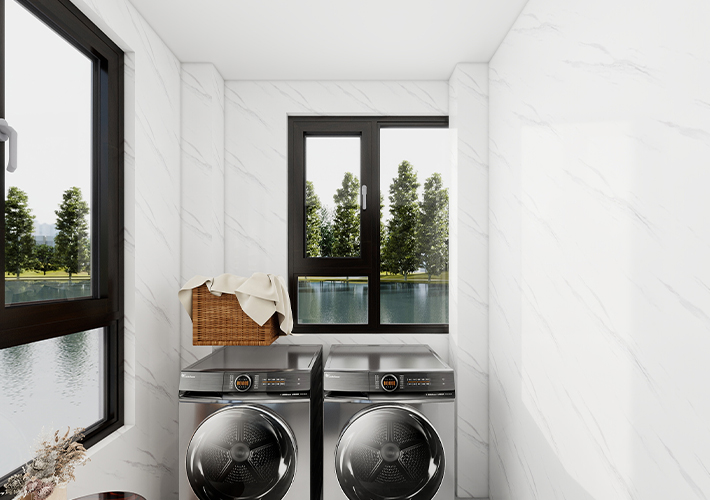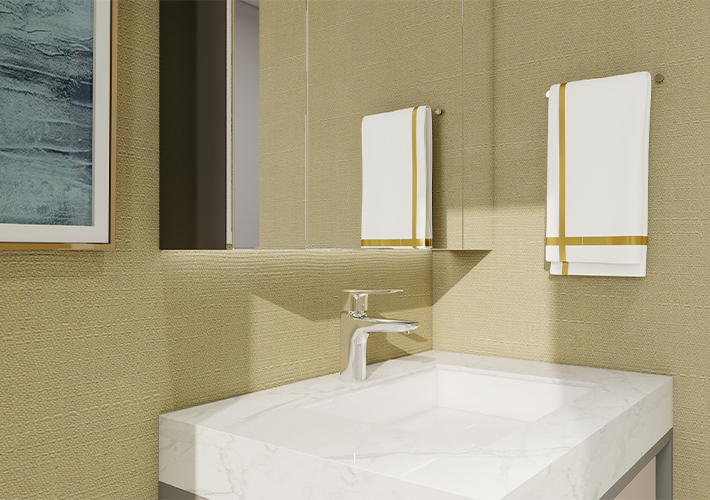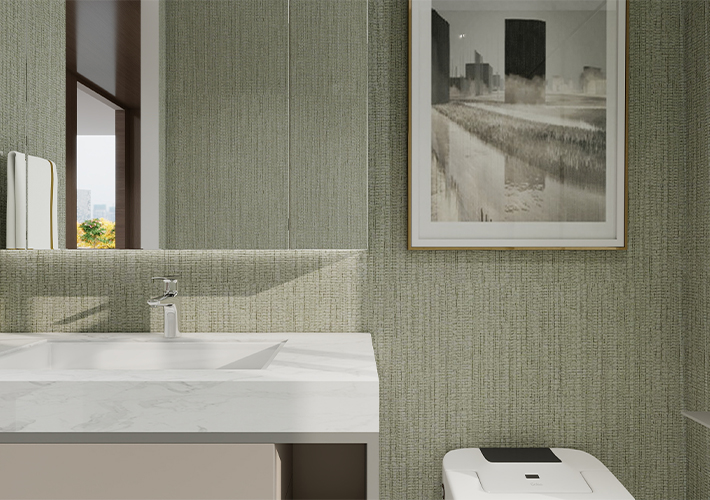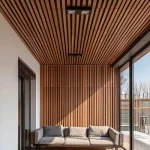Our Sites
PHOTOS & DESIGN TOOLS
DESIGN IDEAS
- How to Choose Specifications and Sizes of Acoustic Panels for Home Theater
- Slatted Wood Wall Panels for Hotels, Restaurants, and Commercial Spaces
- How to Use PVC Marble Sheets to Elevate Your Hotel’s Luxury Look
- 2025 Hotel Whole House Customized Decoration Style
- How to Choose Acoustic Panels for Hotel Meeting Rooms and Corridors
- How Can Hotels and Offices Improve the Acoustic Experience Through Acoustic Wood Slat Panels?
- How Does PVC Marble Sheet Improve the Texture of the Whole House?
- How One-Stop Services Help Reduce Costs in Whole-House Customization Projects
ROOMS & SPACES
- Advantages of Connecting with a Hotel’s Whole-House Customization Factory
- Main Application Scenarios of Flexible Wood Slat Panels
- Application of 78 in Acoustic Slat Wood Wall Panel in Apartment Projects
- Application scenarios of bamboo charcoal wood veneer
- Different Usage Scenarios of Different Thicknesses of PVC Marble Sheets
- Wooden Wall Panels with LED Lights: Application Scenarios and Benefits
- Applications of Bamboo Charcoal Wood Veneer – Water Ripple
- 4×8 Wall Decoration Wooden Sound-Absorbing Panel Application Case
HOW TO INSTALL
ROOMS & SPACES
TOP EXPERT ADVICE
- How to Find a Reliable WPC Wall Panel China Supplier — Choose Aesthedge for Long-Term Partnership
- Why PVC Marble Sheets Are Perfect for Hotel Lobby Decoration
- How to Choose the Right Hotel Decoration Materials for Different Functional Areas
- Why Are Five-Star Hotels Using Acoustic Panels?
- Finding the Best Acoustic Panel Manufacturer: What You Should Look For
- Bamboo Charcoal Wood Veneer Decorations for Hotel Rooms
- Bamboo Charcoal Wood Veneer for US and EU Markets
- Price of 3mm PVC Marble Sheet in the Past Five Years
LEARN THE BASICS
- Waterproof, Fire-Resistant, and Eco-Friendly: Advantages of PVC Marble Sheets
- Everything You Need to Know Before Buying Bamboo Charcoal Wood Veneer
- Why Acoustic Panels Are Essential for Noise Control in Buildings
- Advantages of Acoustic Panels for Home Theater
- Recommended Most Popular Wood Plastic Wall Panel Styles in 2025
- Advantages of Choosing Whole-House Customization in Hotel Decoration Projects
- Uses and Advantages of Mirrored Bamboo Charcoal Wood Veneer
- How Long Can the Acoustic Panel Be Used?
POPULAR COLLECTIONS
INSPIRATION
POPULAR COLLECTIONS
INSPIRATION
POPULAR COLLECTIONS
INSPIRATION
POPULAR COLLECTIONS
INSPIRATION
INSTALLATION & ADVICE
EXPLORE US
INSTALLATION & ADVICE

